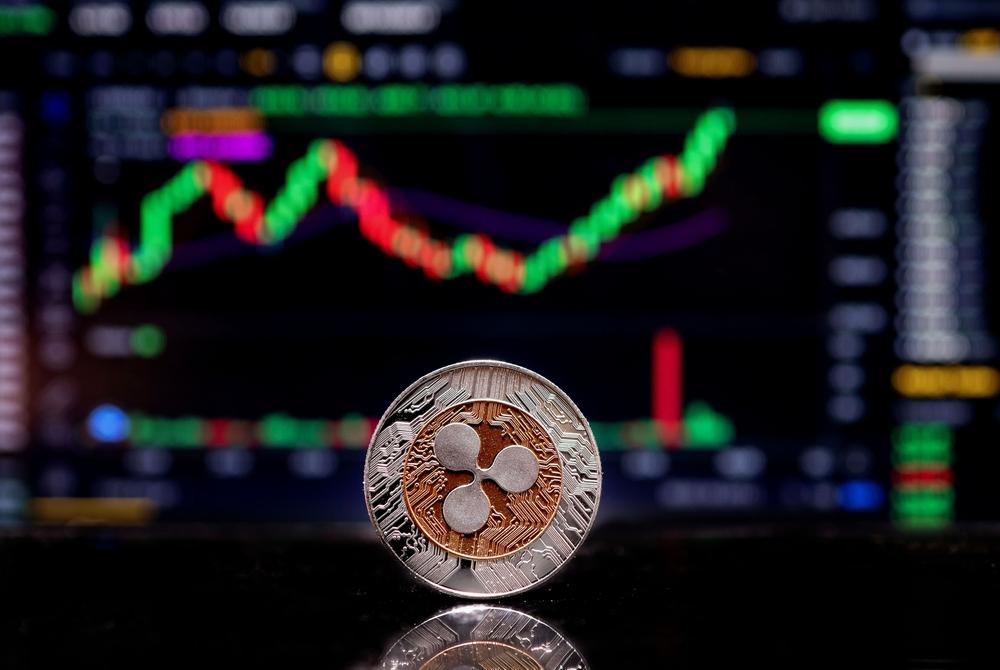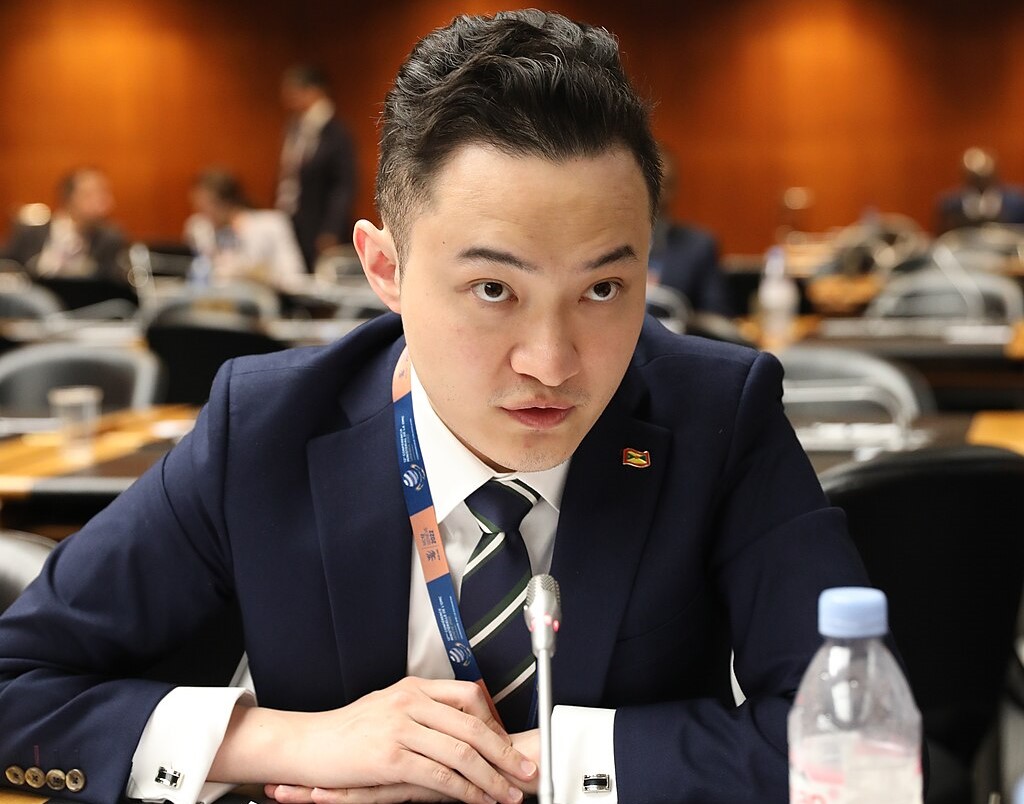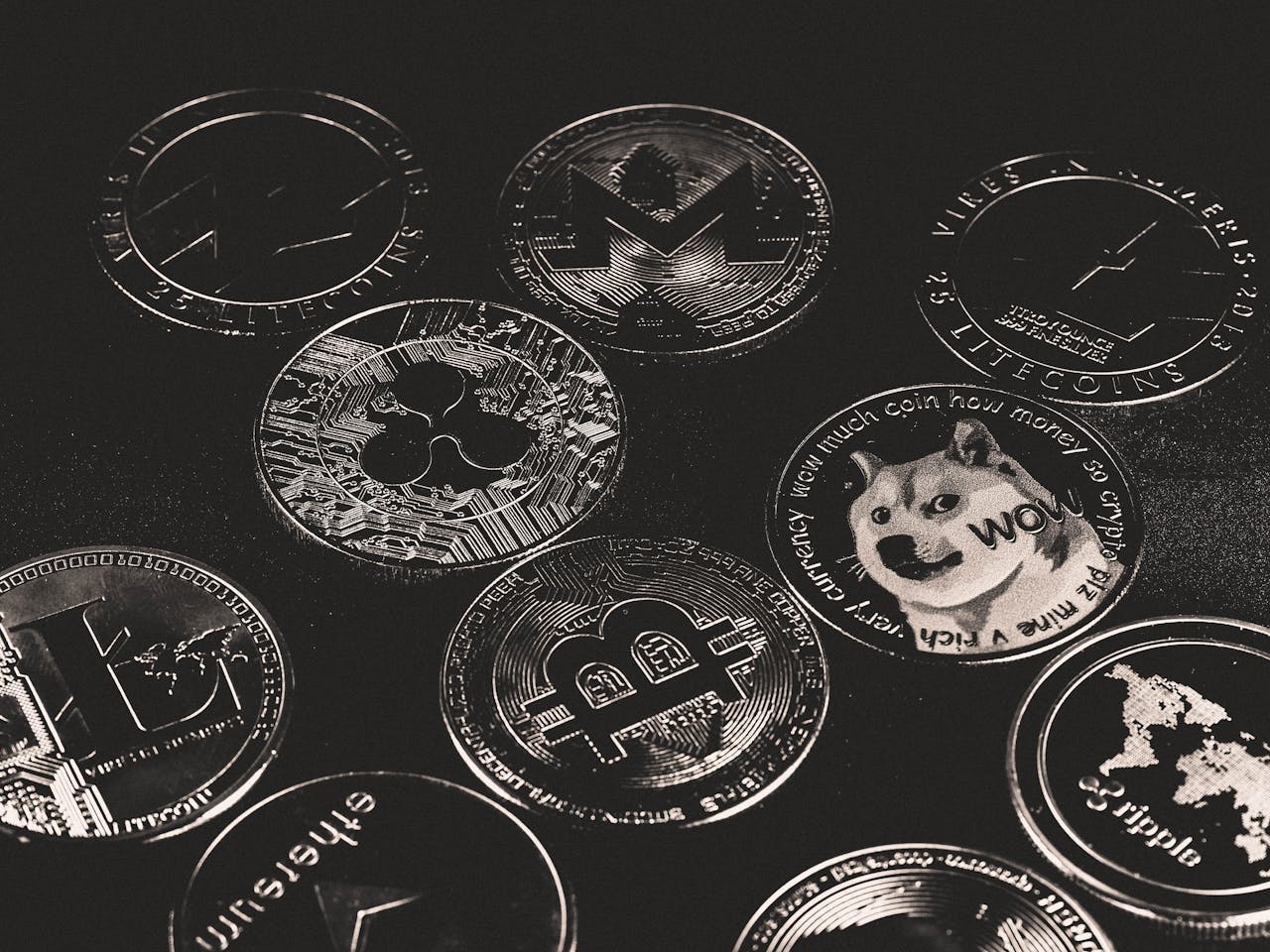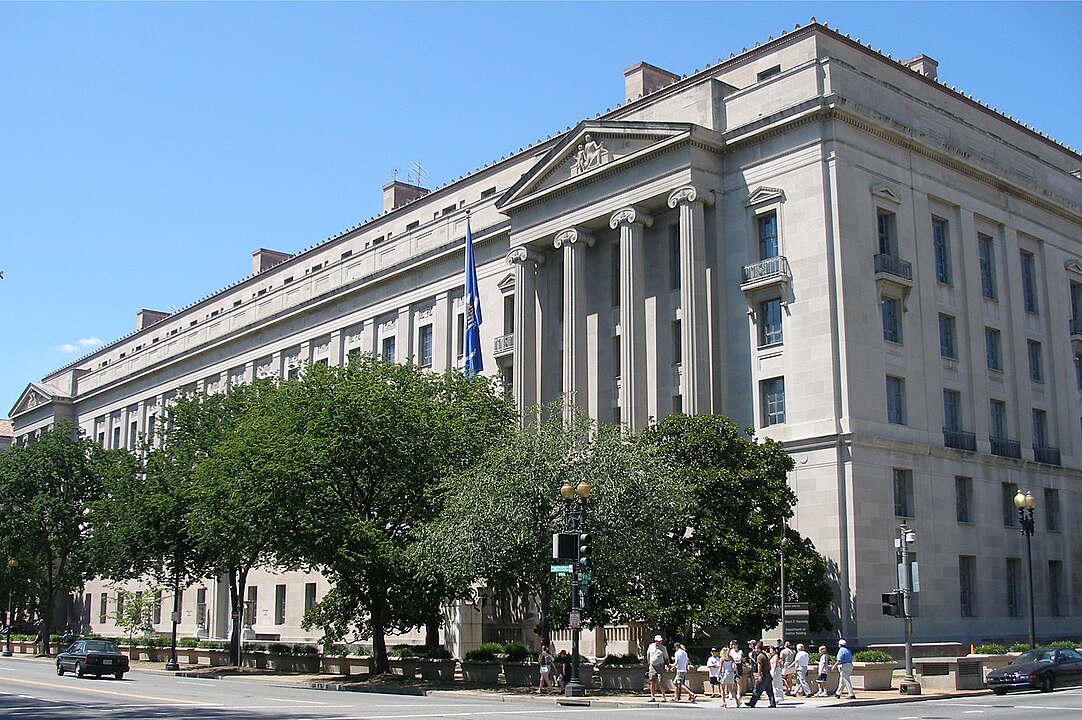Singapore’s financial regulator has fined nine financial institutions a total of S$27.5 million (US$21.5 million) following a two-year investigation into the country’s largest money laundering case, involving S$3 billion (US$2.2 billion) in illicit funds tied to a network of Chinese nationals.
The Monetary Authority of Singapore (MAS) stated that the local unit of Credit Suisse, now owned by UBS, received the highest penalty of S$5.8 million due to serious lapses in its anti-money laundering (AML) controls. Citigroup’s Singapore branch was also penalized for failing to comply with AML requirements. Other penalized firms include banks and financial institutions found to have inadequate systems to detect and prevent suspicious transactions.
The scandal, which came to light in 2023, involved ten individuals of Chinese origin, known as the Fujian gang. They were convicted of orchestrating a vast network of illicit financial activities, which included laundering funds through banks and purchasing luxury real estate, high-end goods, and cryptocurrency assets. Two former bankers were also charged for their roles in the case.
Authorities have since seized a wide array of assets linked to the investigation, including cash, real estate, luxury vehicles, and digital assets. Financial institutions involved have begun implementing remedial measures, including enhanced internal controls and staff training. MAS confirmed it will closely monitor these efforts to ensure compliance going forward.
This landmark case highlights the growing global scrutiny on AML practices, particularly in financial hubs like Singapore. As the nation strengthens its regulatory enforcement, firms are being urged to tighten due diligence and bolster their defenses against illicit financial flows.



























Comment 0